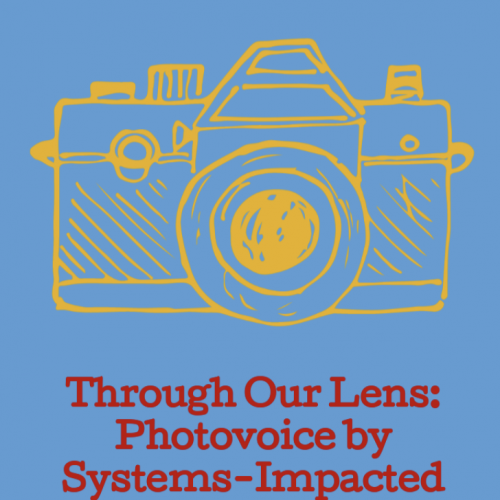Project Portfolio
Child Welfare
The Los Angeles County Department of Children and Family Services is committed to developing and scaling partnerships that prevent child maltreatment, strengthen families, and build the protective capacities of communities.
Project Overview
Jermeen was charged with supporting the design and implementation of Invest LA, a comprehensive 5-year strategic planning initiative to promote system improvements in safety, permanency, and well-being for children. She led efforts to:
- Leverage human-centered and community participatory design methodologies to institutionalize the inclusion of youth and community voice in the design of programs and services.
- Coordinate collaborations between government, community, and philanthropic organizations to implementation data-driven procedures to more effectively administer social service programs to high-risk communities.
Jermeen coordinated the activities of a 33-member, cross-sector advisory board, leading efforts to synthesize the work of more than 100 stakeholders across three distinct child welfare practice areas to develop and prioritize system improvement recommendations.


Community-Engaged Research
Consistent with the vision to institutionalize community and youth voice into the child welfare and mental health social services systems, Jermeen partnered with medical anthropologist and public health expert Sonya Soni to design and implement “Through Our Lens: Photovoice by Systems-Impacted Youth in South LA.”
11 systems-impacted middle school-aged youth, ages 10-14 captured photographic images and authored stories of experiences of their built environments as a tool to deconstruct the inequalities and current realities communities face by posing meaningful questions to find actionable solutions.
The photographs and narratives were then used to promote dialogue to mobilize policymakers to enact recommendations made by community members, as well as shift power dynamics so that community members have a more equal seat at the table when decisions around policies and programs that define their lives are made.
